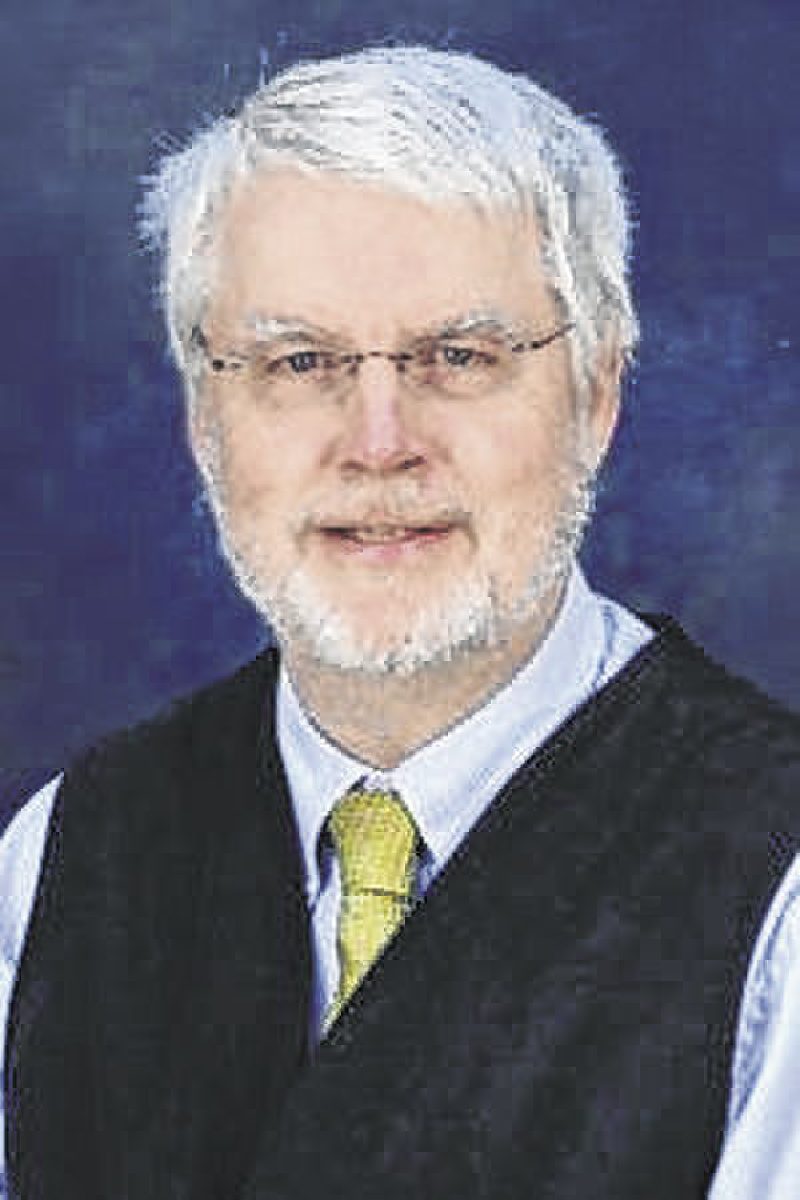Most students know the story of Galileo being brought before the Inquisition and forced to recant his conviction that the sun, not the earth, was the center of our solar system.
In illustrations of that event, Galileo is usually portrayed with his telescope, inviting the Church authorities to step aside from their Bibles and Church teachings to look through his lens before they condemn him.
In the 19th century, the Inquisition was long past, but new tensions arose between religion and science as many religious people rejected Darwin’s theory of evolution. Some people today continue to oppose evolution on the grounds that it conflicts with the book of Genesis. Despite the work of many theologians and scientists who dialogue to build bridges of understanding, many religious people and scientists continue to view religion and science as adversaries.
In an unexpected way, the coronavirus offers the world a new chance for religion and science to partner with, not oppose, one another. Over the last decades, various scientific experiments have discovered some evidence that prayer works. Although the results of these experiments are disputed by some researchers, prayer in some studies has been shown to have a positive effect on humans — both those praying and those being prayed for.
Of course, even if a correlation between prayer and healing could be established, there wouldn’t be agreement on what those findings mean. Maybe prayer is beneficial because there is a loving God. Maybe prayer works because the human mind has greater power than we’ve previously realized. Maybe prayer only seems to work because of chance or coincidence.
I’m not qualified to solve the disagreement about why prayer works, or seems to work. What I maintain, however, is that in the pandemic, science and faith should best be viewed as partners.
When during the pandemic I read the newspaper or watch the news, I often read or hear reports of vaccine trials being conducted. Scientists are usually pictured in white lab coats and protective masks and gloves standing over test tubes or injecting volunteers with a potential vaccine. Those who believe in God and those who don’t believe in God can be united on this—we all hope the scientists will discover effective treatments to save lives and put this virus behind us.
What is missing on the evening news is stories centered on the positive power of prayer in this pandemic. Instead, when I see religious people portrayed in the national news, I usually see such folk ignoring the advice of scientists. They are pictured in large groups, not observing physical distancing, and not wearing masks. Once again, religion and science are positioned as adversaries.
There is an alternative. I suggest that people who believe in prayer should do three things. One, we — because I’m one who believes in prayer — should pray daily for the thousands of scientists working on the coronavirus.
Second, we should let scientists know that we are praying for them. Even if overworked scientists interpret this as simply support from the community, wouldn’t that support be welcomed? So Eli Lilly and other pharmaceutical companies, know that many people are praying for you.
And third, for those of us who believe prayer for scientists can help, let’s combine that prayer with following the scientists’ advice — avoiding large gatherings, keeping physically distant when with others, and wearing masks. What’s the point of praying for scientists only to ignore their wisdom?
We who are religious people need to remember this truth: God is never honored when we act as if we weren’t given brains.




